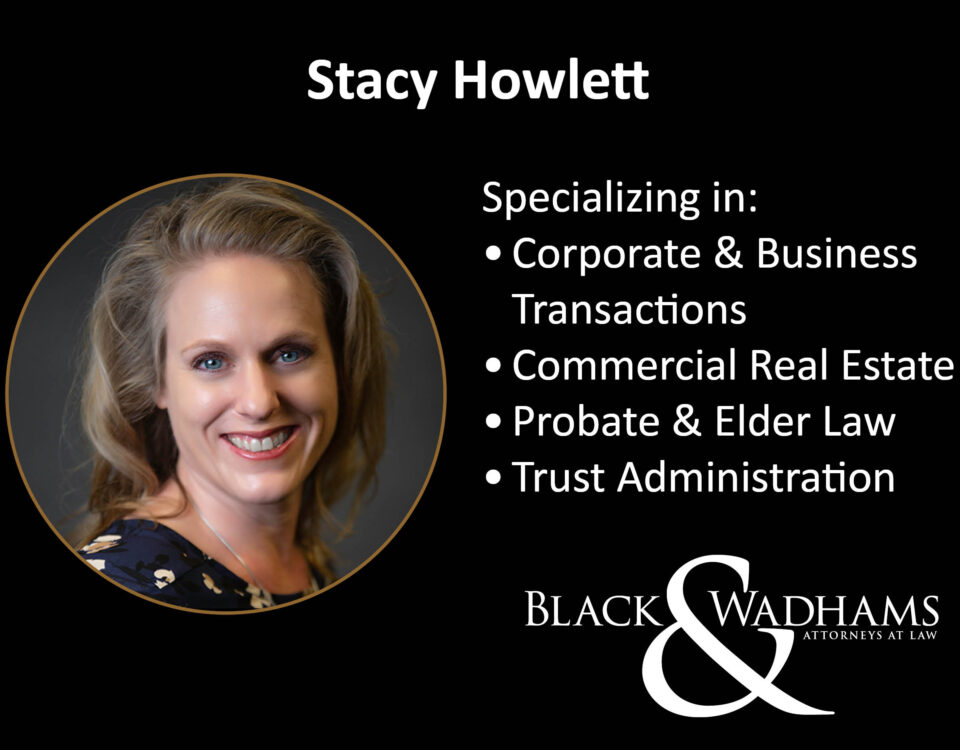 The time when people once waited on a lottery to buy a home is long gone for Las Vegas. While this may be construed as stating the obvious, one thing that our mortgage crisis has spurred and is not often discussed is that we are now a city of renters. Many do not want to buy homes or simply cannot due to credit and other financial issues. Accordingly, the Las Vegas lessor and lessee must educate themselves about many things prior to picking their temporary abode. The main issues are checking a property’s status entering into a lease agreement, obtaining appropriate documents when leasing with an option to buy, and renting a home to a person currently in the process of buying a negative equity property.
The time when people once waited on a lottery to buy a home is long gone for Las Vegas. While this may be construed as stating the obvious, one thing that our mortgage crisis has spurred and is not often discussed is that we are now a city of renters. Many do not want to buy homes or simply cannot due to credit and other financial issues. Accordingly, the Las Vegas lessor and lessee must educate themselves about many things prior to picking their temporary abode. The main issues are checking a property’s status entering into a lease agreement, obtaining appropriate documents when leasing with an option to buy, and renting a home to a person currently in the process of buying a negative equity property.
Checking a Property Status Before Renting
When people held onto their “investment” properties for long periods of time and watched their property appreciate each day or week on Zillow, there was less concern that a rented house would be foreclosed upon. That is not the case anymore. As more people, investors included, default on their loans, it is important to determine if the property you are about to lease is only a few months away (or less) from foreclosure. While there are laws that protect renters, it is certainly preferable to know as much information as possibe prior to signing a lease, hiring movers and getting settled in your new house. For instance, you may want to request a statement from the property owner warranting that they are not currently in default. Go to the Clark County recorder’s website to determine if a notice of breach and election to sell has been recorded against the property.
In the event that the property you are renting does go to trustee sale, be aware that the Mortgage Reform and Anti-Predatory Lending Act, as enacted by congress in 2009, offers tenants protections. A renter can remain in the house for 90 days after the trustee sale if the original lease term extends past that 90-day period. It should also be noted, a lender may hire a management company to rent the property to you, however this practice is uncommon.
Obtaining Appropriate Documents – Leasing With an Option to Buy
In taking efforts to repair credit or watch the market before a purchase, some lessees are looking to rent a property with the option to buy. While this might secure a rate in the event that the prices increase, or while it may afford the lessor some form of assurance that the property will be held by a party with an interest in staying there for a long time, this type of transaction is not as simple as one might think. In fact, it is important for all parties to consult with counsel to review documents and possibly draft new documents.
Leasing to the “Buyer” During a Short Sale
The short sale process is lengthy and considerably more tedious than most sellers and buyers anticipate. As a result of this protracted timeframe, it has become common for a buyer to request that they be allowed to rent the property before the short sale closes. This practice comes with a significant amount of risk. If you are in the process of a short sale and seek to “advance lease” the property to your buyer, you should be aware of those risks before signing up for what could amount to a tremendous headache. For example, if you lease the property to the buyer and then the lender approves the sale but provides no deficiency release on your loan, you may decide you would rather let the property go to foreclosure. Although you can allow this, now you have a renter living in the property, who may be angry that you are not allowing the sale to go through. In the alternative, you have a renter living in the home and the short sale cannot go through because the lender has countered and now the tenant/buyer is not willing to increase their purchase price. In this situation you have limited your ability to procure another buyer with a higher offer due to your renter/ex-buyer residing in the property. As such, you may end up losing the house to foreclosure.
The above issues are only stated in general facts and with hypothetical situations that may not apply to your particular situation. These are just some of the common problems seen in and around Las Vegas. Therefore, seeking the advice of a learned professional to assist you in these circumstances will only increase your chances of safeguarding your rights. While renting seems like a minor commitment to many who used to own properties, it still generally accounts for almost a third of your monthly income so protection of yourself and your family in these transactions remains vitally important.
Carlos L. McDade, Esq.
Kelle L. Kuebler, Attorney*
*Licensed only in New York and Connecticut


